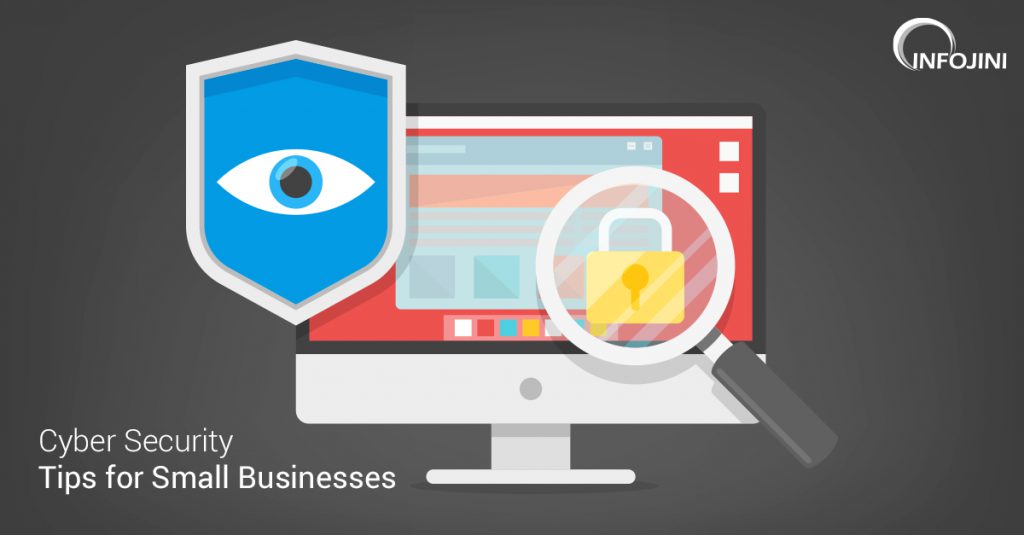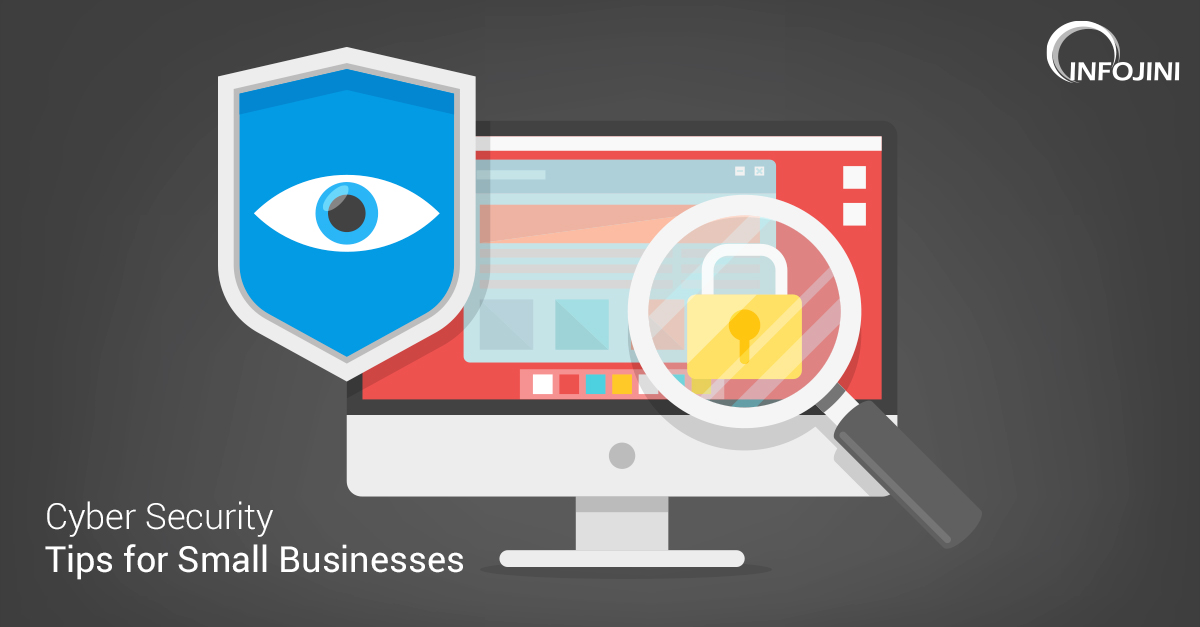The way businesses run has changed a lot in the past couple of years. The use of computers and internet-based networks has opened a world of new opportunities as well as new threats. Many internet slot sites such as this one have adopted some of the best security features. Yet, despite access to nearly unlimited information over the internet. Some, businesses still face several threats daily while attempting to access this information.
Information is the biggest resource for a growing business and one must deal with it carefully to ensure that it does not fall into wrong hands. Here are the top 9 cyber security guidelines that you can follow to ensure that all your business-related data is safe.
- Password Policy: A strong password policy and a multi-level authentication will ensure that no third-party entity can access your network without the required credentials. It is crucial for a business to build a secure network for data access and train its employees with the common practices to use & create a strong username-password combination.
- Limited Access: Bifurcation of the access levels to different employees in the company is one of the best ways to stop your data from falling into the wrong hands. Building a good ERP (Enterprise Resource Planning) portal will help you segregate the access levels for various employees within your organization.
- Compliance with the Federal Trade Commission’s Act: You must stay up to date with all the necessary cyber security norms for small businesses in the world when you cater to a global population. It is vital that you comply with the latest Section 5 of the Federal Trade Commission Act for the data processing practices.
- Use Remote Data Storage Location: Data backup and recovery are crucial aspects of securing your data against potential threats. You must have a secure location at which you can store your data on hard disk drives for recovery in case your data gets corrupted. You must maintain a small facility at a remote and undisclosed location to make sure that your data is ready for recovery at a moment’s notice.
- Employ Cloud-Based Storage: Modern day data storage occurs over cloud-based networks. It is possible for businesses to store their entire business data over a cloud-based network. This type of storage has two major benefits. Firstly, it is theft-proof, secure and encrypted cloud storage via a reliable security software or a key. Secondly, storage over cloud helps you access the data from anywhere in the world without the need of a dedicated workstation for the same.
- Use Secure ERP Portal: Several large and small companies offer you the services of building an ERP portal. The ERP portal will help you keep track of all the activities that happen within your organization remotely. A good and secure ERP will also use state of the art authentication methods to make sure that your data is safe from potential threats.
- Employ an Ethical Hacker: An ethical hacker will help you find the loopholes in the data storage systems to make sure that you can take the necessary precautionary measures to cover them up. An ethical hacker will not only strengthen your system against existing threats but will suggest ways to secure the data against possible threats.
- Build Safe Locations for Wi-Fi Routers: When you are installing new Wi-Fi routers and access points, you must make sure that they are well concealed. A secure placement of the hardware devices will ensure that no one can modify these components for data theft.
- Track Account Activity: A simple tracking and analytics tool to keep track of the business accounts of your employees will help you to make sure that you can monitor any suspicious activity first hand. The tracking tool will present you with the necessary information for recording the activities of your employees on their business portals.
Apart from following these security tips for small businesses, you must also keep in touch with a reliable cyber security cell to take the necessary steps in case of an emergency.

